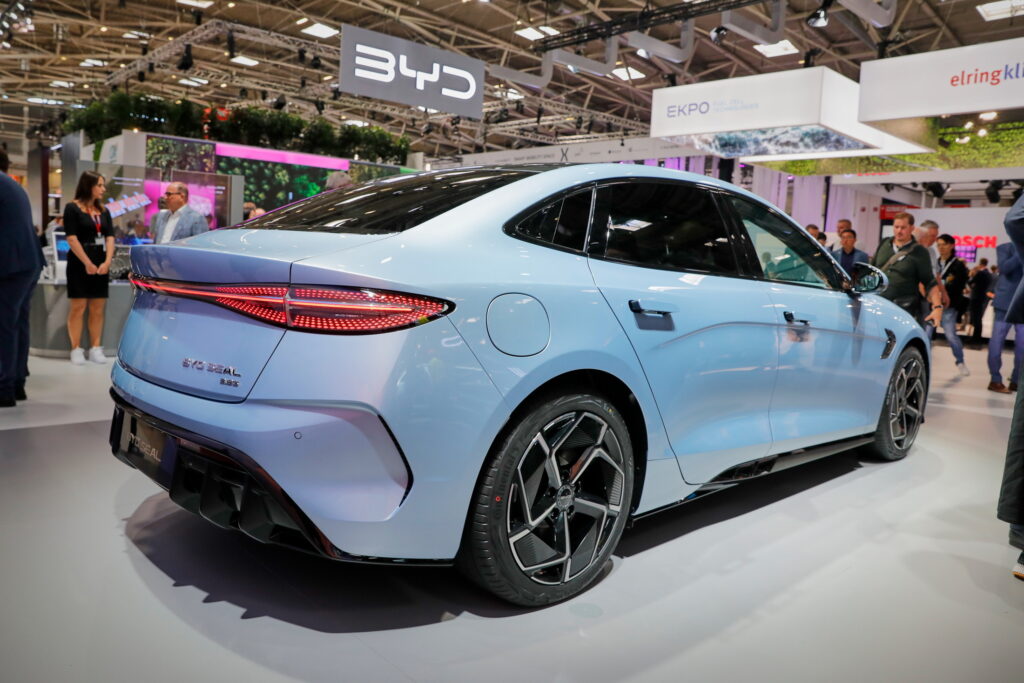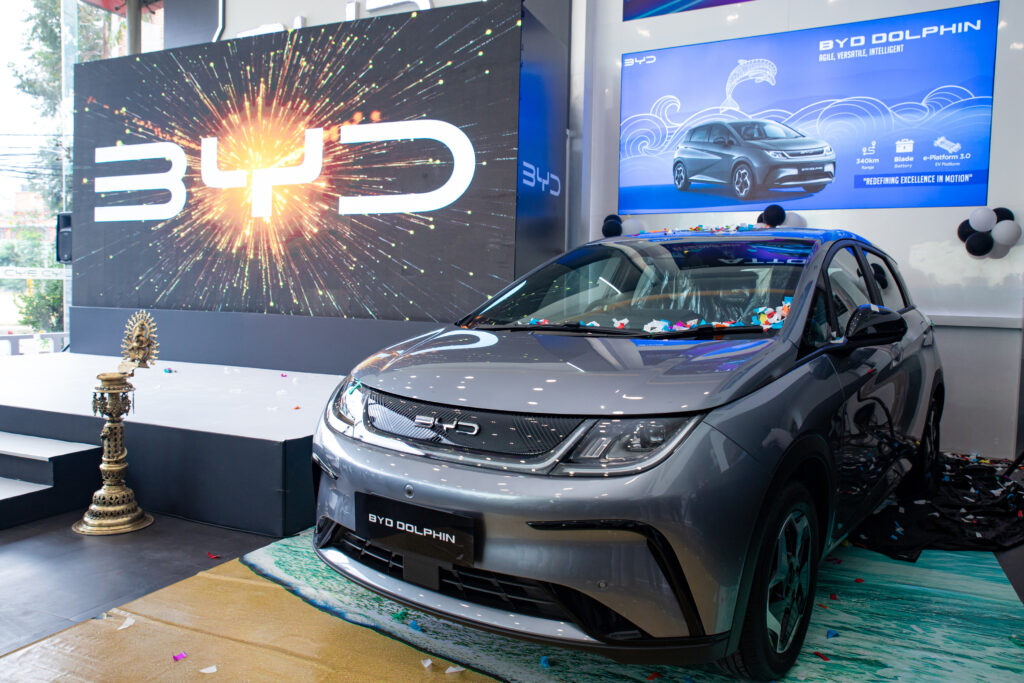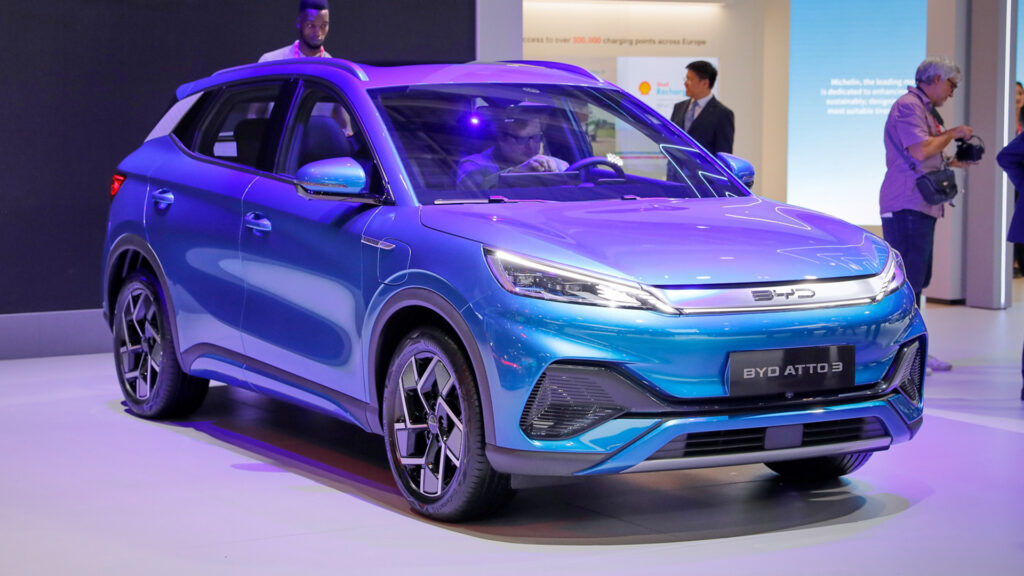BYD is adopting a similar approach to Japanese car manufacturers decades ago in rapidly expanding its presence through Southeast Asia, quickly establishing itself as the EV leader in the region.
The Chinese car manufacturer has established distribution partnerships with large conglomerates in various nations in Southeast Asia. This approach has allowed it to expand its reach, navigate complex government regulations, and test consumer preferences. The strategy, combined with low prices, has made BYD a hit.
In fact, data published by Reuters states that 26% of all EVs sold in Southeast Asia in the second quarter of 2023 were BYD models. The BYD Atto 3 was the region’s bestseller and the proliferation of new BYD models saw EVs account for 6.4% of all new passenger vehicle sales in Southeast Asia in the second quarter, a dramatic increase from the 3.8% of the first quarter.

According to Counterpoint Research senior analyst Soumen Mandal, “BYD’s primary focus is on brand proliferation rather than optimizing profit margins.”
BYD is currently investing $500 million in Thailand to build a factory capable of producing up to 150,000 EVs every year from 2024 to be exported to other markets in Southeast Asia, as well as Europe. It has partnered with distributors including Sime Darby in Malaysia, Ayala Corp in the Philippines, Rever Automotive in Thailand, and Bakrie & Brothers in Indonesia.
Read: Chinese Carmakers Could Account For 33% Of All New Car Sales In 2030
“If buyers are unsure or have any concerns, partnering with established players like Sime Darby, Bakrie & Brothers, or Ayala Corp will give them the peace of mind, especially for aftersales support,” managing director from auto sales consultancy Urban Science, Chee-Kiang Lim said.
BYD’s vehicles are proving particularly popular in Thailand. In fact, the country accounted for 24% of BYD’s overseas sales in the second quarter. BYD is also pursuing a particularly intriguing strategy in Singapore, launching five ‘BYD by 1826’ showrooms that double as restaurants.




